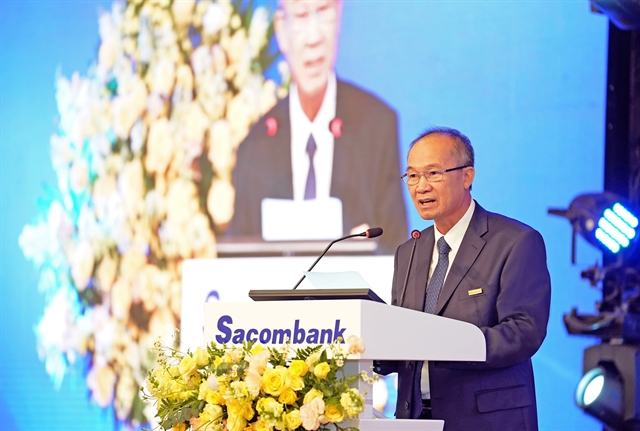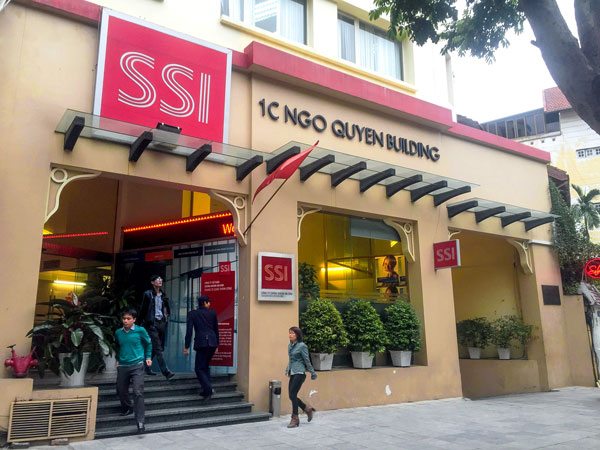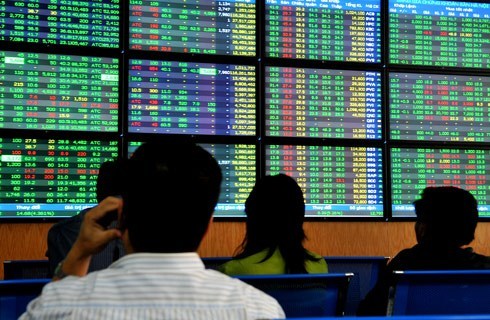
HCM CITY — Việt Nam needs effective changes and reforms to attract more foreign portfolio investment, Andy Ho, chief investment officer of investment fund VinaCapital, has said.
The country had an opportunity to attract inflows into stocks, bonds, private equity, and venture capital, he said.
The pandemic had hit a lot of economies, and central banks around the world were likely to print US$6 trillion worth of money for so-called “quantitative easing” programmes to support their economies.
“And some of that money will inevitably leak out of developed markets and into frontier and emerging markets in search of higher investment returns. How do we get some of this money into Việt Nam in the form of foreign indirect investment?”
Andy Ho believed that investors in developed markets were still very attracted to Việt Nam because it “provides returns that are not available to them in their countries”.
“In their countries, bonds are trading at negative interest rates, term deposits interest rates are negative and dividend yields are coming down to 1-2 per cent.
“Therefore, they look at places like Việt Nam where we have dividend yields of 3-4 per cent, bond yields of 3-4 per cent and term deposits interest rates of 6-7 per cent. So the returns in Việt Nam are tremendous.”
Việt Nam had a very stable political and economic environment and forex market, and half its population was under 35 with rising incomes and purchasing power.
For years, Việt Nam had been an attractive destination for foreign investors who were enamoured of its growth prospects and other factors.
But more reforms were needed to become more attractive.
Foreign investors constantly lamented about the limited number of large, high-quality, high-growth companies for them to invest in.
To solve this problem, the Government needs to equitise more of the country’s premier companies, such as the telecommunications companies (Viettel, Mobifone), Electricity Vietnam, and PetroVietnam.
Furthermore, the country's stock market was dominated by banking, real estate and consumer stocks that accounted for about 70 per cent of the market cap, whereas foreign investors were typically interested in diversifying their holdings to a wide range of sectors.
Besides, the biggest “market access” issue that foreign investors were unhappy with in Việt Nam was foreign ownership limits (FOL).
The FOL law was partly liberalised in 2015, but only 82 companies (out of 1,700 listed companies) had actually raised their FOLs, an embarrassingly small number and a major red flag to foreign investors considering investing in Viêt Nam’s stock market.
There were currently 30 Vietnamese stocks that had reached full FOL, meaning there were no more shares available for foreign investors to buy.
If a foreign investor wanted to buy shares in one of those companies, they had to buy from another foreigner at a price typically 7-15 per cent above the market price.
This created a problem in that the new foreign investor then suffered a 7-15 per cent mark-to-market loss on the investment because there was no way of verifying the foreign premium that the investor had paid to buy the stock.
The solution to this problem would be for Việt Nam to implement a “foreign board” on which transactions between foreign investors were recognised.
The country was still classified as a “frontier market” by MSCI and other stock market index companies, and needed an urgent upgrade to the "emerging market (EM)".
“The amount of investment funds in the world that is benchmarked against the MSCI-EM index is over 100 times that linked to the MSCI-Frontier index, an upgrade to the MSCI-EM index would probably push Việt Nam’s stock market up by at least 50 per cent based on the experience of other countries that were upgraded in the past.”
The Government should slash corporate income taxes for the next six to 12 months and lower bank deposit rates to encourage local investors to pour money into the stock market.
Việt Nam’s leading stockbrokers should organise investment conferences abroad to encourage foreign investment inflows.
Besides Government bonds, investors also preferred other bonds that were liquid or listed. It should be relatively easy to attract foreign money into Việt Nam's nascent corporate bond market if companies took the steps necessary to secure credit ratings from international agencies.
“Việt Nam’s effective handling of the COVID-19 outbreak to date has been based on quick and decisive action. We view this as an opportunity to apply those same qualities to resolving some longstanding issues which could play a key role in helping Việt Nam’s economy grow in the aftermath of the pandemic.” — VNS
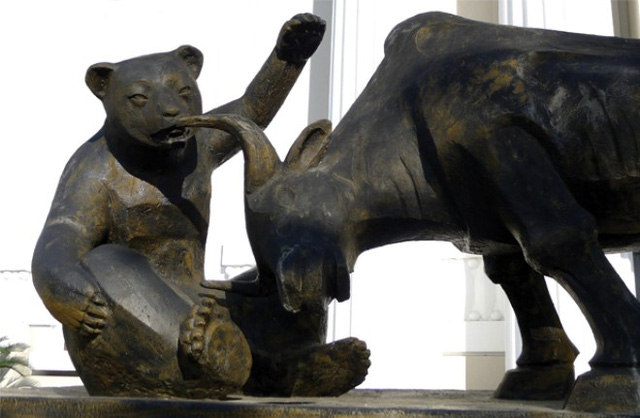
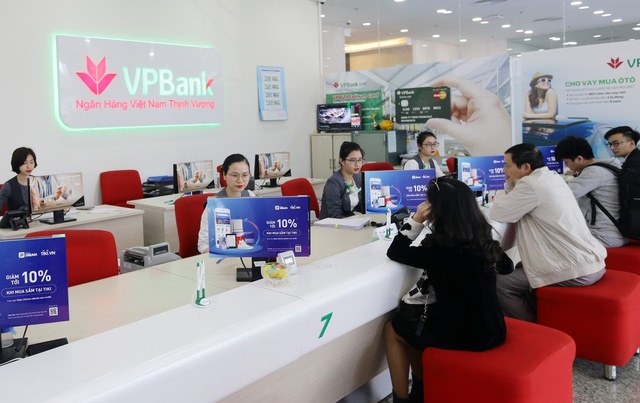
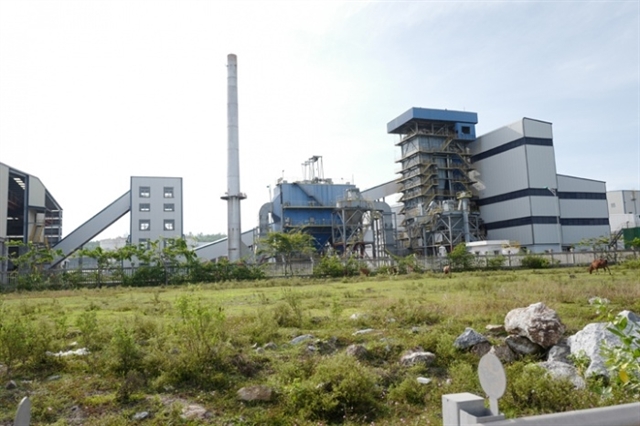




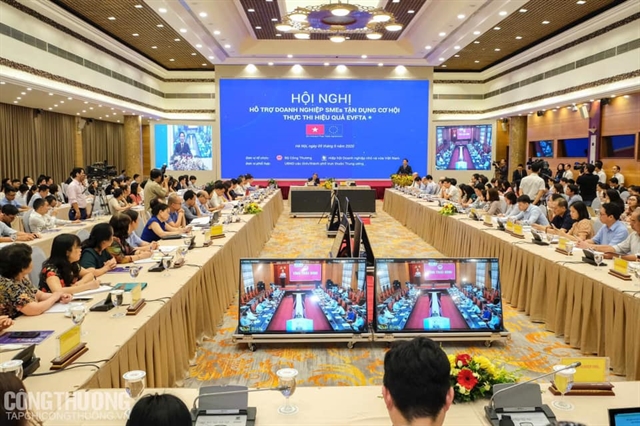
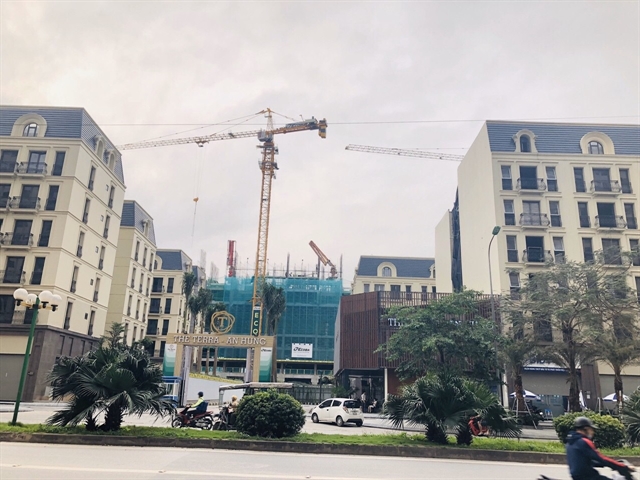
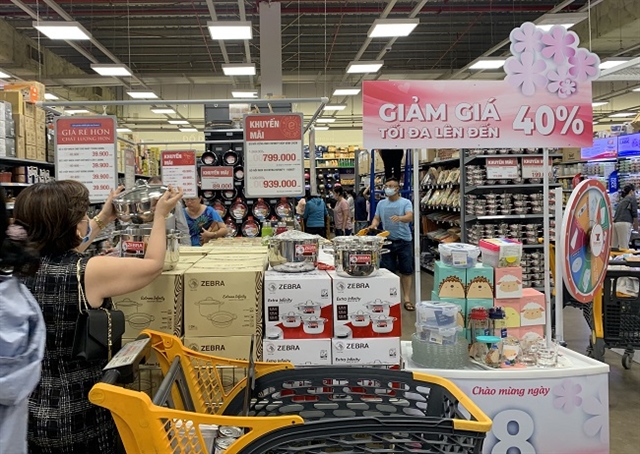
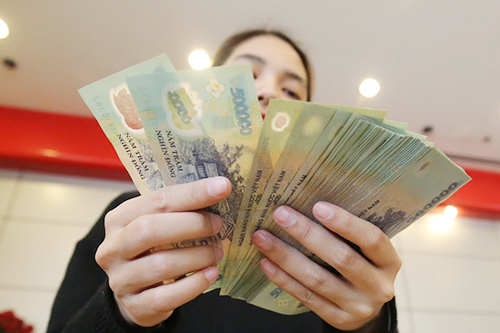
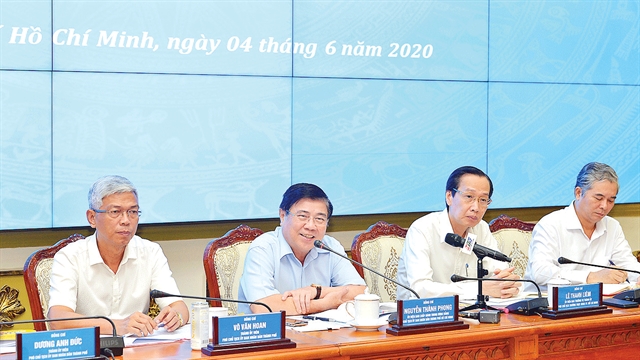

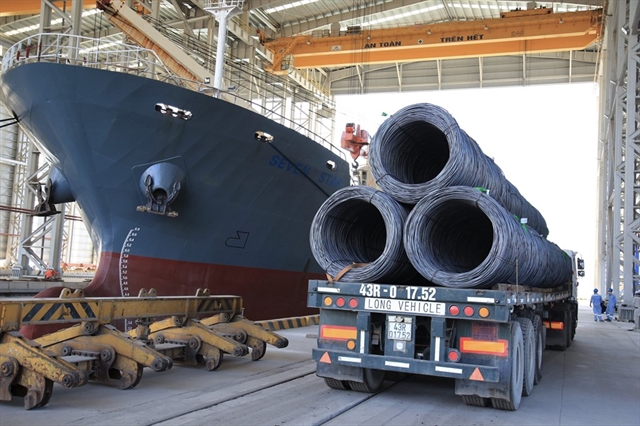
.jpg)


